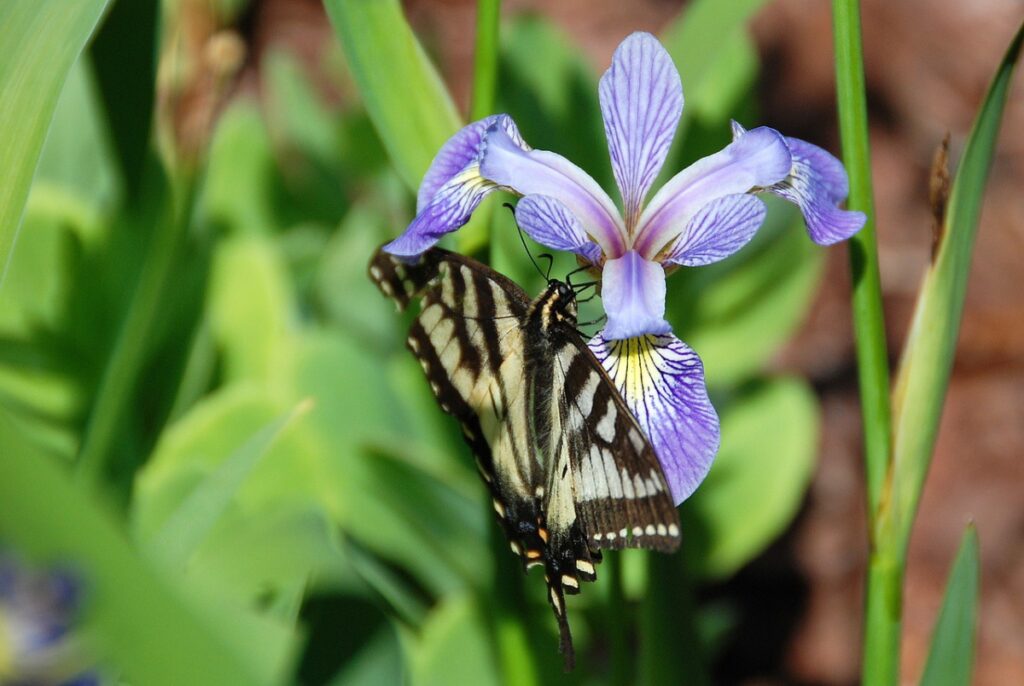For those who have an area that collects rain, it may seem unfeasible to start a garden. Luckily, this isn’t the case. There are many water-loving plants that can spruce up your yard, absorb the excess moisture, and prevent runoff to other areas.
Water-Loving Plants to Consider
According to The Spruce, there are a number of plants that can grow in wetter soil. Some of these plants include:
Marsh Marigold
These plants produce cheerful yellow blooms that can grow in some standing water. The marsh marigold can grow up to 18 inches tall and are generally low-maintenance, making them a great choice around water features like ponds.
To grow these gorgeous plants, make sure you’re located within USDA hardiness zones 3 – 7, receive full to partial sun and are placed in wet to boggy soil.
Blue Flag Iris
These water-loving plants are native to marshes, swamps, meadows, and shorelines in North America. The blue flag iris grows up to 30 inches tall and is known for the showy blue-violet blooms that arise in late spring.
These plants do best in locations within the USDA Hardiness zones 3 – 9, and areas where they can receive full sun to partial shade with soil that is moist. In fact, the plants will even thrive in a bit of standing water, making them a great choice for areas that collect rain.
However, be sure to watch out for pests feeding on your plants!

Swamp Hibiscus
Also known as rose mallow, this plant is a woody-stemmed perennial that creates deep-red blooms from midsummer to fall.
These flowers do best in USDA hardiness zones 6 – 9, medium-to-wet soil, and areas that receive full sun to partial shade. However, in areas that receive partial shade, the plants may need some staking.
When mature, these plants can get up to 6 feet tall but are deer resistant. They work best in large groups to fill large moist areas.
More Gardening Information
For more tips and tricks to help your gardening ventures, check out our site here. There you’ll find information about various topics including composting and indoor plants that can help filter the air.
Then, don’t forget to follow us on Facebook and Twitter to get notified each time we post!
